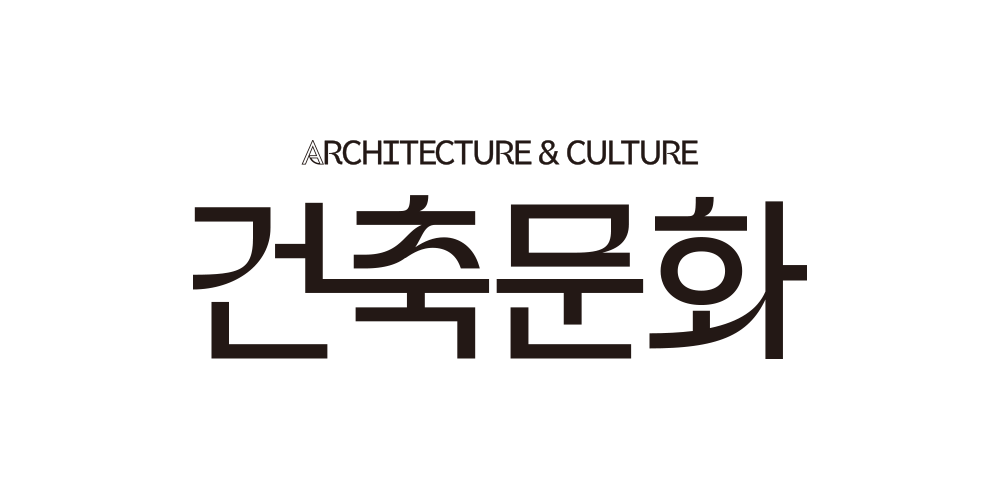
The Healing Hills Villa was originally a deserted courtyard atop a small hill, surrounded by lush green trees with twisting roots, making it feel as if it were protected by 48 old camphor trees.
The transformation of the architectural space relies entirely on the relationship with the trees—neither encroaching upon them nor isolating them. There are three strategies. First, the scattered buildings were integrated into three courtyards, each relatively independent yet closely connected. Second, the boundaries between the built environment and the natural surroundings were blurred, allowing trees to coexist within the courtyards and the courtyards to extend into the trees, creating a seamless interaction between architecture and nature. Finally, new functions were infused based on the distinct characteristics of each space, creating a bridge of experience between the "artificial" and the "natural".
There are 6 relationships between architecture and 48 old camphor trees: “Encircled”, “Encirclement”, “Retreat”, “Gaze”, “Impaction” and “Contrast”.
Architecture draws from and merges with nature, with the design combining spatial elements with the natural forms found in traditional Chinese painting and extracts 4 key elements.
“Rolling Mountain” — Undulating Roof
Based on the original building layout, integrate the scattered roofs and, taking functional needs into account, delineate the functional zones, ultimately forming a three-courtyard layout that unfolds around the trees.
“Stacked Platform” — Expansive Platform
With the undulating terrain of the Healing Hill Villa site, the platforms are stacked at varying heights, "gazing" at each other between the trees, creating a landscape space and activity area that offers diverse spatial experiences.
“Floating Clouds” — Surrounding Bridge
The Bridge connects the three courtyard spaces, enriching the experience of wandering. Serving as a daily weather-protected walkway, a three-dimensional landscape passage, and a space for parent-child activities.
“Towering Stones” — Inserted Block
Emphasize important nodes as visual focal points and landmarks, making them standout features within the space.






건축가 Zen-In Architects
위치 China, Zhejiang, Z houshan, Putuo,Zhanmao
대지면적 2,010㎡
건축면적 750㎡
연면적 865㎡
조경면적 1,260㎡
건폐율 43.0%
용적률 37.3%
준공 2024. 7.
대표건축가 Shen Shengzhe
디자인팀 Meng Xueyuan, Guan Jingru, Xiao Huimin, Yao Yan, Xiao Peng
구조엔지니어 Su Zhijie
기술컨설턴트 Jin Nan
시공 Hengzun Construction Group Co., Ltd
조명 Dong Tianhua
건축주 Zhoushan Quye Cultural Tourism Development Co., Ltd.
사진작가 Zen-In Architects, Jin Weiqi, Hu Yin
'Architecture Project > Single Family' 카테고리의 다른 글
| Two-Face House (0) | 2024.11.26 |
|---|---|
| The Chodge (0) | 2024.11.22 |
| GD House (0) | 2024.11.21 |
| Nam House (0) | 2024.11.21 |
| 3 x 30 Introverted House (0) | 2024.11.20 |
마실와이드 | 등록번호 : 서울, 아03630 | 등록일자 : 2015년 03월 11일 | 마실와이드 | 발행ㆍ편집인 : 김명규 | 청소년보호책임자 : 최지희 | 발행소 : 서울시 마포구 월드컵로8길 45-8 1층 | 발행일자 : 매일







